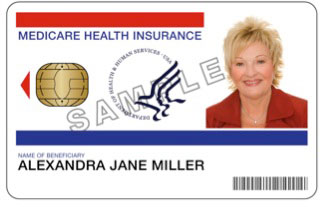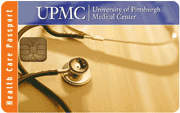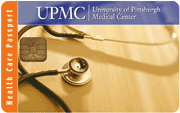Smart cards stem the tide of Medicare fraud and abuse
Why ‘after-the-fact’ fraud fighting is not enough
20 January, 2014
category: Government, Health, Smart Cards
By Neville Pattinson, vice president of government affairs and business development, Gemalto North America
Two-years ago we asked the question: Can smart cards save the Medicare system $30 billion per year? Although there has been some success in combating Medicare fraud, we still do not have an answer to this question because implementation of a smart card program has yet to come to fruition. The idea of using smart cards to protect the Medicare system is a hot topic on Capitol Hill, however, as lawmakers continue to try and find ways to save this institution.
Medicare covered about 51 million Americans in 2012 and this number continues to rise, expected to reach 70 million by 2013. Each year, the Medicare program loses tens of billions of dollars to fraud and abuse. It is estimated that Medicare could be bankrupt as soon as 2017, leaving a huge percentage of retired Americans without access to health care.
Earlier this year, the Department of Justice and Health and Human Services announced record-breaking recoveries resulting from their joint efforts to combat health care fraud. They recovered $4.2 billion in taxpayer dollars in 2012, an increase of $1 billion from 2011. Although this number is impressive, the estimated fraud total is $100 billion, and Medicare fraud enforcement failed to investigate more than 1,200 cases over the past year due to staff shortages. To make matters worse, the Office of the Inspector General is expecting more cuts this year.
Much of the fraudulent activity slips through the cracks because the current system operates in a backwards manner. Currently, all claims are approved and reimbursed without first checking for validity. A task force then looks back through all of the claims to chase stolen or improperly obtained funds from federal health care programs.
Integrating smart card technology into the Medicare infrastructure could prevent a high percentage of the fraud from happening, causing minimal loss of taxpayer dollars and eliminating the need for a task force.
At the end of 2012, I submitted testimony to the House of Representatives Energy and Commerce Committee during their hearing titled “Examining Options to Combat Health Care Waste.” The purpose of this hearing was to examine the current anti-fraud measures and to explore potential new approaches to address the substantial and ongoing threats.
The Subcommittee Chairman, Rep. Joseph R. Pitts (R-Pa.), opened the hearing by calling for mechanisms that would prevent fraudulent payments from being made in the first place, thus reducing problems that arise due to the current system of pay first and chase fraud after the fact.
This point speaks directly to my testimony, which highlighted the benefits an upfront investment in smart cards can provide. Using smart cards and PINs for both providers and patients could rapidly decrease the ability for criminals to fraudulently bill Medicare by falsely posing as a medical provider or patient.
The battle over how to fight Medicare fraud has been taken a step further by Rep. Jim Gerlach, sponsor of the Medicare Common Access Card Act of 2013, which would establish a smart card pilot program for Medicare. The bill cites increased quality of care; improved accuracy and efficiency of billing; reduced potential for identity theft; reduced waste, fraud and abuse of the Medicare system; and the ability to evaluate the efficiency of patient matching as key areas that could be improved through the use of smart cards.
The Common Access Card pilot would take place in five geographic areas that are seen as high risk for waste, fraud and abuse. The initial program will last six months, after which a report will be submitted to Congress describing the design and development of the pilot. After one year, based on the initial success, the program could then be expanded in both duration and scope.
If this pilot program moves through its congressional committee and gets approved, I believe that it will prove the benefit of smart cards to Medicare fraud prevention and encourage Congress to make plans to take the program nationwide.
Smart cards could cut off fraudulent claims by providing strong, modernized verification of the cardholder at the outset of the health care visit.




